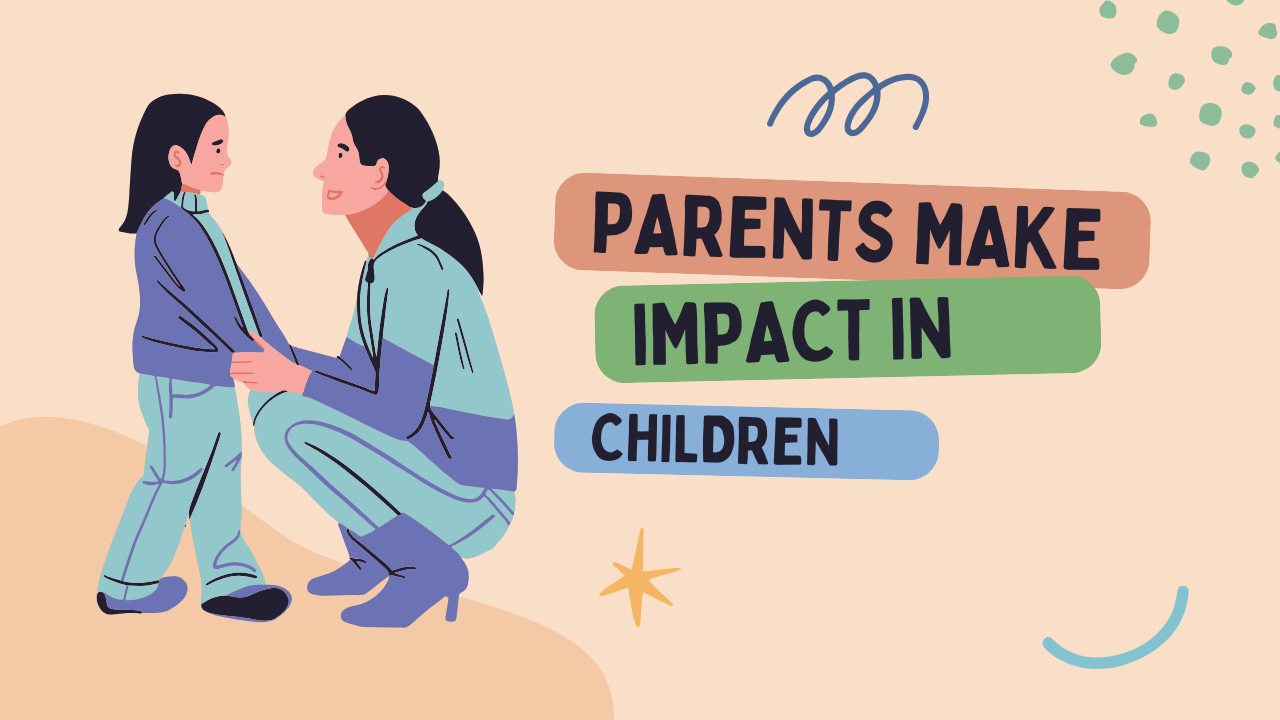Impact of Parental Distance on the Lives of Children
Parental distance in a child’s life occurs when parents fail to provide adequate care, love, and closeness. God has entrusted parents with vital roles in guiding and molding their children’s character. When these roles are neglected, it creates a disconnect between parents and children. Although this disconnection may not be immediately visible, over time it becomes apparent, often manifesting in emotional and behavioral challenges.
God has given parents the responsibility of nurturing children and forming real connections to prepare them for adulthood. As stated in the Bible, Proverbs 22:6, “Train up a child in the way he should go; even when he is old, he will not depart from it.”
Unfortunately, many parents fail in this area due to a lack of closeness and friendship with their children. This article explores the reasons behind parental distance and its far-reaching effects on children.
Reasons for Parental Distance in Children’s Lives
1. Mindset and Orientation
Some parents fail to understand the importance of sharing closeness and friendship with their children. Cultural or family backgrounds often play a role in this mindset. For instance, in certain African cultures, children are only allowed to approach their fathers for formal requests or discussions. Similarly, in polygamous households, children often live separately with their mothers, while fathers assume a more distant, authoritative role. This cultural perspective perpetuates the belief that raising children is solely the responsibility of women, leaving fathers emotionally detached.
2. Over-Busy Parents
Many parents, especially professionals and business executives, are too preoccupied with their work to spend quality time with their children. This lack of attention creates a relational gap that widens over time. If parents do not establish a strong bond with their children during their formative years, the distance grows as the children mature. Prioritizing child care and nurturing, even amidst a busy schedule, is essential to maintaining a lasting connection.
3. Divorce or Separation
Divorce or separation often results in one parent’s absence, creating an emotional vacuum in a child’s life. In some cases, parents use their children as tools for revenge, denying the other parent access. Mothers, particularly those who are financially stable, may limit a father’s involvement. However, children need both parents to develop emotionally and spiritually. Parents should strive to prioritize their children’s well-being over personal conflicts to avoid long-term harm.
How Parental Distance Affects Children’s Lives
1. Broken Vessels
God entrusts parents with the duty to mold and nurture their children. When parental love and guidance are absent, children’s lives can become fractured. A broken child may exhibit hostility and harmful behaviors due to the lack of care and emotional support. Many individuals involved in crime or dysfunctional activities often come from homes where parental presence and love are lacking. This underscores the critical role of parents in shaping a child’s character.
2. Poor Academic Performance
Parental distance often leads to a lack of focus in children. Emotional trauma caused by a distant or absent parent, especially a mother, can negatively affect a child’s academic performance. Feelings of rejection and resentment can disrupt their ability to concentrate and excel in school. Parents’ involvement in their children’s education fosters confidence and motivation, essential for academic success.
3. Disobedience to God
Children who do not experience parental love often struggle to believe in God’s love. Parental guidance is a reflection of God’s care and commands. When children feel unloved or neglected, they may rebel against their parents and, by extension, God. This disobedience stems from resentment, which undermines their spiritual growth and connection with God.
4. Menace to Society
Children who lack parental love and care may grow up hardened and become a danger to society. They often resort to criminal activities and destructive behaviors. Paul’s story illustrates this point. At just sixteen, he was involved in serious crimes, attributing his behavior to the absence of love and care from his parents. He stated, “Nobody loves me for who I am. I’ve lost my way, crying out for help before it’s too late.” His father’s abandonment and his mother’s struggles left him vulnerable to negative influences.
Recommendations for Parents
Parental distance can sometimes result from circumstances beyond control, such as work or unavoidable separation. However, parents must consider the potential effects of their absence and take proactive steps to mitigate them:
- Plan for Closeness: Ensure that work schedules or other commitments do not interfere with nurturing a bond with your children. Prioritize time spent together to build a lasting connection.
- Communicate Openly: Maintain open communication with your children to foster trust and understanding, even in challenging situations like divorce.
- Seek Support: In cases of unavoidable separation, involve extended family, churches, or professional counselors to provide emotional support to your children.
- Prioritize God’s Assignment: Remember that raising children is a divine responsibility. Show love, care, and attention to help them grow into fulfilled and responsible individuals.
Children are a heritage from God, and parents must nurture them with love and closeness to fulfill their purpose in life. By addressing parental distance and its effects, families can build stronger, healthier relationships that benefit both children and the larger society.
